I do not know the genesis of the nickname.
I once asked him when we went out to shop together in a local market in the heart of Tunis during the 1994 African Cup of Nations championship.
I do not recall the explanation he gave me, but what is important is that Dodo Mayana is the legendary Nigerian goalkeeper for the Green Eagles of 1994, probably, the greatest assembly of footballers in Nigeria’s history, undoubtedly the most successful, the team that won the African Cup of Nations in Tunisia, that qualified for the 1994 World Cup and put up some of the most impressive performances by a Nigerian national team in history. The team was so good it was briefly ranked fifth in the world by FIFA after the 1994 World Cup.
Peter Rufai is Dodo Mayana, a key member of that team. He was so good that many still rank him amongst the greatest in Nigeria’s football history.
Peter called me up early this week to check up on me.
I know Peter Rufai very well, both as a co-player, as his Team Manager and Welfare Officer in the Green Eagles and now as a friend in our club of retired ex-internationals.
At the twilight of my career in the early 1980s, Dodo and I played against each other a few times. He was a young player in Stationary Stores FC in Lagos, whilst I was already a household name on the African continent playing for Shooting Stars International FC in Ibadan.
I recall the first time Peter tasted my poison, a late, back-breaking goal I scored against him during the last and decisive match of the 1981 National League.
The Flaming Flamingoes needed only a draw against my club to become that year’s league champions and represent the country for the first time at the prestigious African Club Championship.
We would joke much later that they should have been ‘humble’ and ‘begged’ us to take it easy with them and let them win, since we had nothing to lose even if we lost. Instead of doing that, their loquacious supporters went around Lagos running their mouth, and celebrating a victory they had not secured against a team with one of the deadliest front lines in Africa at the time. Shooting Stars FC were loaded to the hilt with national team players including Mudashiru Lawal, Felix Owolabi and yours truly. Many of the fans believed all Stationary Stores needed was an ‘arrangee’ match, to let Stores to win, or get a draw, and they would achieve their greatest dream – to represent Nigeria and play in the champions league.
I remember vividly that in our Shooting Stars camp we were actually sympathetic to Stationary Stores ahead of our greatest rivals, Rangers International of Enugu, who would win that year’s league if Stores lost that final match against us.
So, without even discussing it amongst ourselves, we went into that match at half steam, and played without our usual zeal, energy and determination.
Stores were all over the field pressing for a goal, and kicking the hell out of us.
Everything worked to an unwritten script until the very last minute of the match when Muda Lawal drove into the Stores defense from the left flank, out-ran their right full back, and approached Peter Rufai in goal as he moved out of his goal to narrow the angles. Muda instinctively laid the pass beyond Rufai, to the middle of goal. I was waiting there surrounded by defenders. Rufai was beaten and was lying prostate on the green turf of the National Stadium, Lagos. The ball lazily drifting across the goal in front of me. The goal yawned emptily. There was no way on earth I could do anything else but pass the ball into the empty yawning goal.
I had been the highest goal scorer in the Nigerian league for two seasons. I was the highest goal scorer for the Green Eagles in the history of Nigerian football. I would be committing football hara-kiri if I did not bury that ball into the Stationary Stores goal. It would be the worst miss in football history, worse than Yakubu Aiyegbeni’s at South Africa 2010.
Even as I write this now, I am using the opportunity to apologise to all the fans of the great Lagos club for denying them the opportunity to win what would have been their first and only National league championship.
That was the first time Peter Rufai tasted my ‘poison’, a gentle tap in from a delightful pass from the magic feet of Muda Lawal.
Stores lost that match, but Peter was so impressive and imposing in goal that day that he earned his first call up to the national team.
So, I knew Peter from way back. We played together for three years before I retired from football in 1984.
Our paths crossed again in 1993, when as a member of the NFA board at the time, I headed the Technical Committee and was assigned the responsibility of Team Manager of the Green Eagles that eventually became Super Eagles in 1995.
Being a former player and former captain of the national team, and very well respected by the young players in the Green Eagles at the time. They included Stephen Keshi, Austin Eguavoen, and Rashidi Yekini who played with me for an entire season in the Shooting Stars team of 1984, in a deadly attacking combination that was a beauty to watch. Playing with Rashidi in Shooting Stars frontline, with my maturity, experience and goalscoring instincts, I was on course to be named Africa’s best player of that year until I sustained a debilitating knee injury at the semi-finals of that year’s African Club championship, and never recovered from it until I retired in frustration after losing the final match in Lagos against Zamalek FC of Egypt.
I was a very welcome Team Manager to the Eagles’ Papendal camp in Holland, under the guidance of coach Clemens Westerhof who became my friend and confidant. I was embedded into the team like one of the ‘boys’, probably the most informal relationship with a Team Manager in the history of the national team before and after that experience. That position was eventually scrapped after Chief Mike Umeh took over the role from me and things were never quite the same again.
My role was to liaise between the NFA board and the very gifted squad of players mostly based in Europe at the time. I was to take care of their welfare and attend to all their basic outside-the-field needs, through the periods of qualification for the World Cup in 1993, the success at Tunisia 1994, the historic trip and success at USA ’94, the historic international match against England, and to the ‘disastrous’ USA Gold Cup in 1995 that ended my direct involvement with the national team.
To this day, not many people are aware of my small but critical role in the most successful national team in Nigeria’s history, the team of 1993 to 1995. I was always in the background, a moderating influence in the team, the lubricant in the relationship between the Football Association under ‘gentleman’ Air Commodore Emeka Omeruah, and the extremely gifted first set of players to join the professional ranks in Europe.
I only ever lost my composure and control over the players on the eve of the match against Italy in the 1994 World Cup when the players would not agree with Clemens Westerhof wise counsel to change hotels and reduce the distractions by visitors at their overcrowded hotel in Boston
Coming from the Players-fraternity, I tried to maintain the delicate balance between the ‘rebelling’ players and their ‘angry’ coach, navigating between the two contending powerful forces.
Understandably, I do not get any public credit for the successes of the years between 1993 and 1995, but it is enough credit to know I was an integral part of that team.
Beyond my technical role, I was also documenting everything about the team. I filmed everything the team did on my small camcorder – what they ate, their clubs in Europe, their waking up and their sleeping, their training sessions, and so on. I even visited several in their homes, filming and documenting everything.
I may have in my library till now the most comprehensive film footages of that generation of players.
Those pictures were also brought to Nigerians, hot and fresh, on national television. For the first time, people sat in their homes before television sets every Saturday afternoon to follow the Green Eagles behind the regular scenes, through their preparations in Europe, friendly matches, the AFCON matches in Tunisia, the team’s arrival in the USA, every little detail of the team’s ’94 World Cup experience, the 1995 USA Gold Cup and the historic match against England at Wembley in London.
I had a hand in a piece of Nigeria’s football history in those three years. It can never be taken away from me.
That’s why when Peter Rufai called me up a few days ago and we chatted, our conversation brought back the memories of those beautiful times, some of the great moments in football beyond my own football career in Nigeria’s football history
I was extremely glad to hear from him.
Then I asked him a question that has lingered in my mind for a long time. Why is one of the greatest and most experienced goalkeepers in Nigeria’s history, a certified coach with professional coaching licenses from Europe, not deeply involved with coaching any of the country’s national football teams?
I have invited him to share his answers, his thoughts and opinions on several aspects of Nigerian football with all Nigerians on The Sports Parliament, the television show on Nigeria’s NTA, broadcast to the world through new technology, that I anchor every Thursday night.
It is coming soon.
Dodo Mayana, great to reconnect!
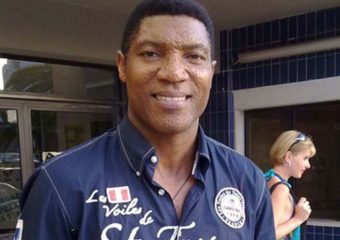

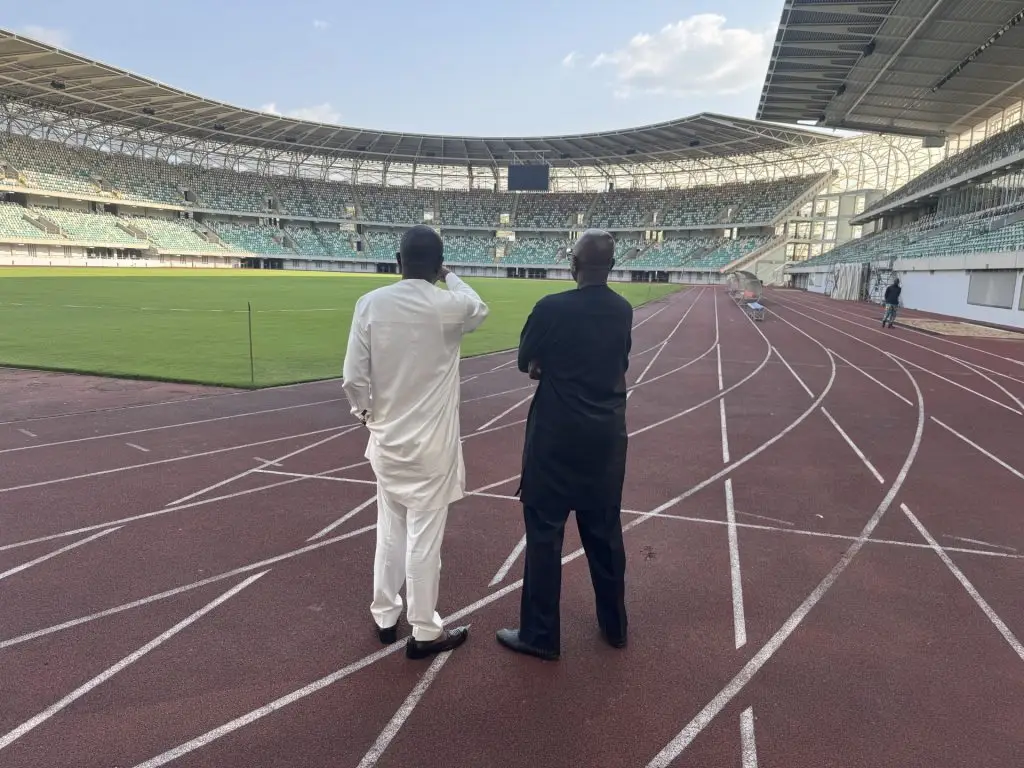
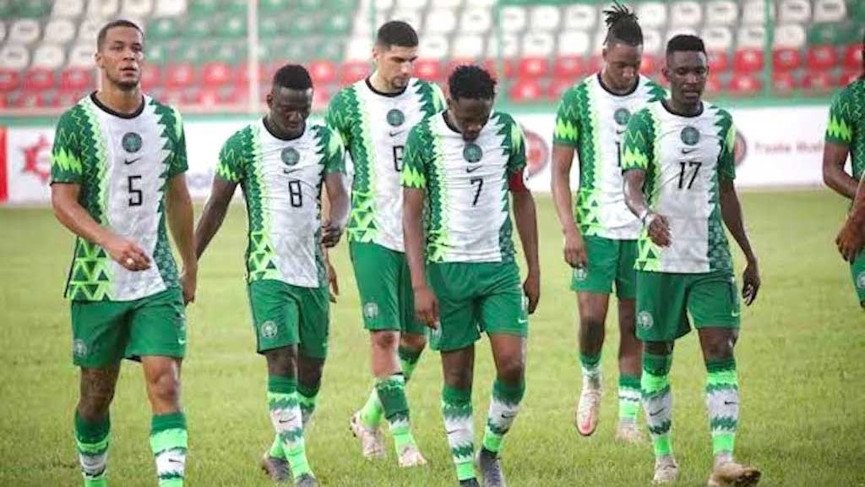
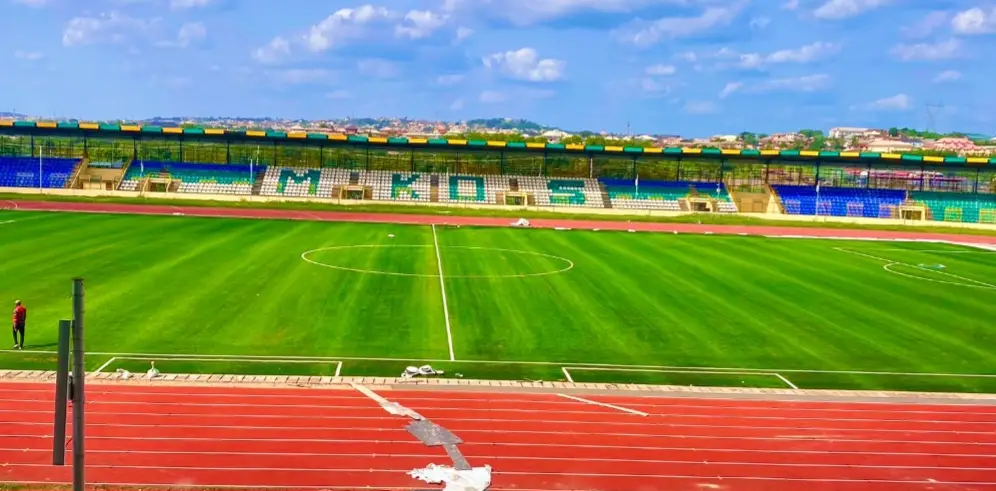
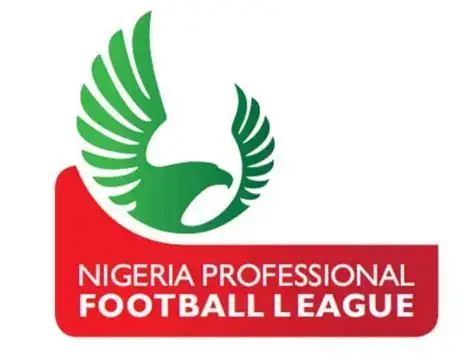



Latest Comments